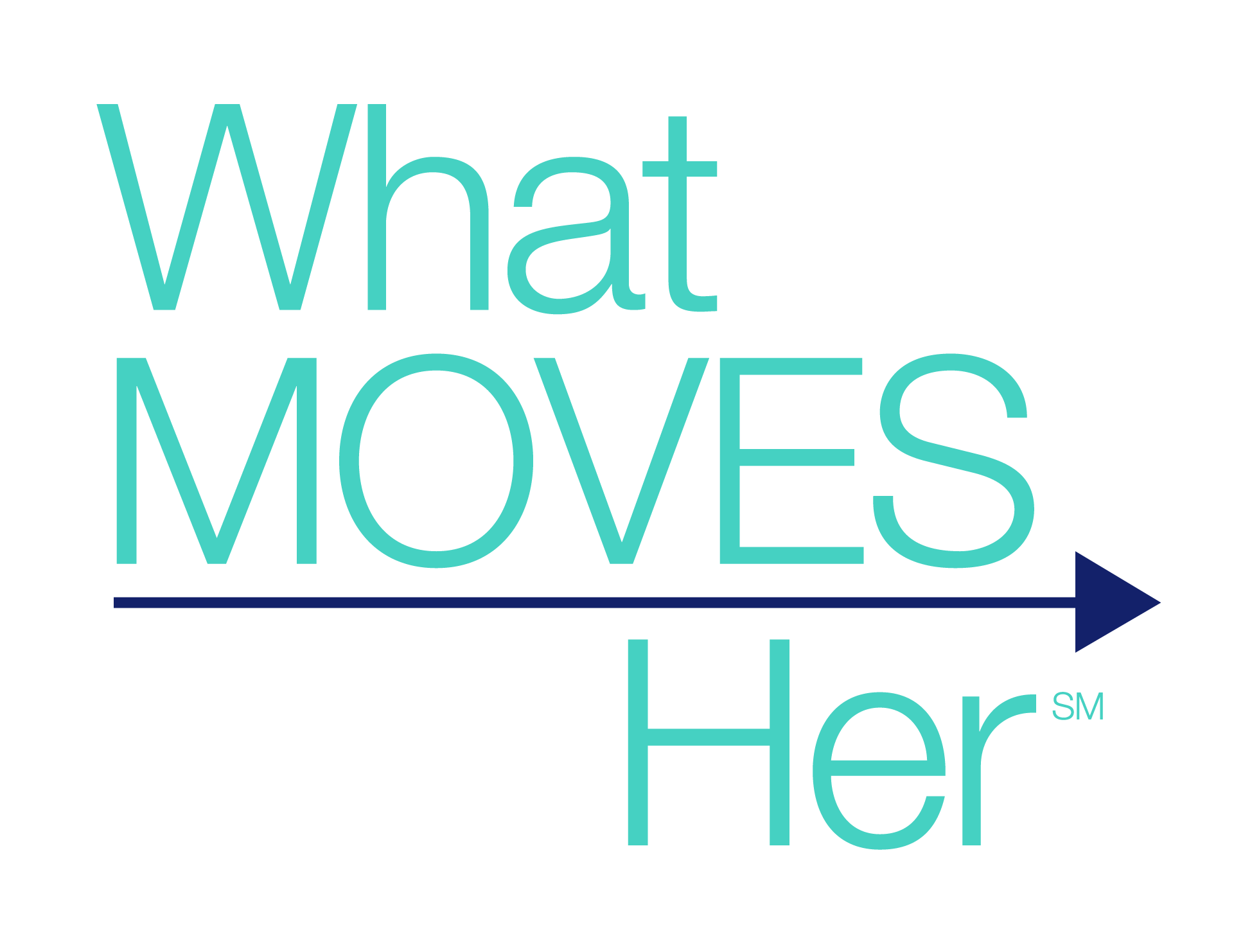National Hispanic American Heritage Month, celebrated from September 15 to October 15, is a time for us to pay tribute to Hispanic & Latino Americans and their innumerable contributions to our nation, society, and culture.
In our industry, National Hispanic American Heritage Month is a critical reminder of the importance of representation. Here at Realogy, we are proud to employ 30% of the top 259 Hispanic agents from the National Association of Hispanic Real Estate Professionals (NAHREP). We are also working in conjunction with NAHREP to help bridge the wealth gap between white and Hispanic/Latino communities. And though there is still much work to be done, the last decade has seen some real progress. Going forward, it is up to all of us to lead the way in working to break down barriers for a more inclusive, diverse and representative real estate industry. These efforts are a true win-win. Most importantly, it’s the right thing to do—but it also makes a world of sense from a business perspective.
When you look at the real estate data, the numbers are clear: Hispanic home ownership is on the rise. According to RISMedia, it has increased from 45.5% in 2014 to more than 48% in 2020. And a study by the Urban Institute predicts that the Hispanic population will be even more of a force in real estate in the years to come. “Young Hispanic households will account for the largest household growth. In 1990, just 7.3% of young households (headed by someone younger than 65) were Hispanic. By 2020 that had more than doubled to 16.4%. We project this share will continue to increase in the next two decades.”
A Passion for Having a Positive Impact
We talked with Bonnie Sue Lovelace, Vice President of Learning at Realogy, and Leader of Realogy’s One Voz Employee Resource Group about the importance of representation, being an advocate, and some of her personal inspirations.
Personal and Professional Champions
Q: We celebrate Hispanic Heritage Month (September 15 to October 15) to recognize the achievements and contributions of Hispanic American champions who have inspired others to achieve success. Who are some of the champions in your life personally and professionally that inspire you?
Bonnie Sue: On a personal level, my mother is my biggest inspiration. She was born in Madera, a very small town in Chihuahua, Mexico. Middle school was the highest level of school available, but mother has always been a high achiever. She moved to Juarez and then to El Paso, Texas to pursue her dreams. When she arrived here, my mom had no family or friends to depend on. She spoke no English, had no money, and no education beyond 8th grade. With zero advantages, my mom managed to learn English, graduate from both high school and college and buy a home as a single mother. She is still teaching special education to this day. She taught me and my siblings that we can do anything. I learned from her how to hustle because she never listened to excuses. Professionally, my younger sister is my inspiration. She has two master’s degrees, one in mechanical engineering and another in nuclear engineering. Only 13% of the workforce in her field are women, and only 2% are Latinas! My younger sister inspires me every day.❤
The Importance of Representation
Q: In the real estate industry, celebrating the Hispanic & Latino community and making sure they are thoroughly represented within the homeownership experience is of utmost importance. What are some of the strides we have made as an industry to make homeownership possible for the Hispanic Community?
Bonnie Sue: The 2020 State of Hispanic Homeownership Report®, now in its eleventh year of publication, is a product of both the National Association of Hispanic Real Estate Professionals®(NAHREP®) and the Hispanic Wealth Project. The report coalesces data and research across a broad cross-section within and outside of the housing industry. It serves to evaluate how the U.S. Latino population is faring in terms of homeownership acquisition and to review the primary opportunities and barriers to future homeownership growth.
- Latinos are the only demographic in the U.S. to increase their rate of homeownership for each of the past six years.
- It’s estimated that between 2020 and 2040, 70 percent of new homeowners will be Latino.
- From 2009-2019, Latinos accounted for 52.3 percent of U.S. population growth.
- There are 8.3 million Latinos under the age of 45 with the credit characteristics to potentially qualify for a mortgage.
- Approximately one in three Latinos is in their prime home-buying years (25-44). Most Latinos driving up these rates are first-time homebuyers
And, while all of the above represent amazing statistics, I believe there is also a lot of opportunity to increase wealth in our communities—mostly through education.
Education and Home Ownership
Q: What is your wish for the future of this initiative?
Bonnie Sue: I want to educate all on homeownership. I was lucky to be educated at a young age about the power of owning real estate and I want to spread that message in our communities.
Q: Fair Housing & an increase in homeownership is important for Hispanic families/communities. What perspective would you share for those looking to learn more about this topic?
Bonnie Sue: At One Voz, we host meetings at least once a quarter on homeownership. These events are free, open to the public, and are truly educational. We are not trying to sell anything. I would also encourage everyone to meet with a Realtor and together with them create a financial plan. The first time I went to a Realtor, I couldn’t afford a house, but I created a plan so that the following year I could afford one. And that’s when I bought my first home.
Advocating for the Community
Q: As one of the leaders of the One Voz Employee Resource Group at Realogy, you are fostering understanding and empowering employees to become advocates within their communities. As a leader within Realogy and of the One VOZ ERG, what does this space and community mean to you?
Bonnie Sue: This is extremely important to me. It is vital that I am able to bring my authentic self to work. It is also very important to me that my work makes a difference. I have a passion for having a positive impact on this world. I have strong values and want the work I do to align with those values. Realogy’s stance in ERGs is powerful. My personal takeaway is that Realogy wants to empower everyone to achieve their highest aspirations while embracing our ethnic origin, our race, gender identity, etc. To do that, Realogy has to look in the mirror and see what they haven’t done in the past and make changes to ensure that everyone is getting empowered. To me, it’s a demonstration that being vulnerable and being powerful are not mutually exclusive.
Q: What are you most proud of accomplishing so far with the group?
Bonnie Sue: I can’t choose between them, so I have two. The first is our “Commerce Pillar,” where we do a wealth-building series to promote wealth in our communities. And the second is our Day of Understanding series. We took our inspiration from Realogy’s “Day of Understanding” event and One Voz decided to establish our own ongoing DOU series, which has created an honest and open space in which we can continue to learn from each other.
Q: What advice do you have for the What Moves Her community on how to celebrate Hispanic Heritage Month and something they can do today to be an advocate for the Hispanic community?
Bonnie Sue: Celebrate with us! Join us in our events and don’t be shy! Having you at our events means more than you know.
We Want to Hear From You
Have you and your colleagues done anything to celebrate National Hispanic American Heritage Month? Do you have any examples of how representation made you feel more welcome? Are you involved in any Employee Resource Groups? How have they helped you personally and professionally? Let us know on our LinkedIn and Facebook pages!
For more information on National Hispanic American Heritage Month, check out this website with countless links to pages celebrating Hispanic achievements and culture.






Subscribe
JOIN OUR LIST